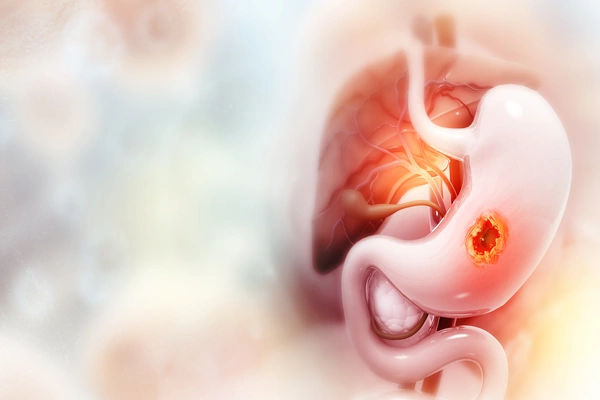- Male
- 26 Years
- 23/01/2025
I've been having some issues recently after I went to the toilet a few days back. It was a bit of a tough experience, and since then I've been feeling itchy down there. Today I even noticed some bleeding from the area. Can you help me figure out what's going on?
Answered by 1 Apollo Doctors
Normal Body Temperature
Your body temperature, 98.3F (36.8C), is within the normal range. A normal body temperature can vary from 97.7F (36.5C) to 99.5F (37.5C).
No Fever
You do not have a fever. However, it's essential to monitor your temperature regularly, especially during the COVID-19 pandemic.
Monitor for Other Symptoms
Keep an eye out for other COVID-19 symptoms, such as:
- Cough
- Shortness of breath
- Fatigue
- Headache
- Sore throat
- Runny nose
- Body aches
- Diarrhea
- Nausea or vomiting
Dr. Kareemulla Suggests...
Consult a Gastroenterology/gi Medicine Specialist
Answered 04/07/2025
0
0

More Gastroenterology/GI medicine Health Queries
View allI'm going through a tough time dealing with GERD for the past three years, and I've been on Razo D daily. Whenever it gets worse, I pop a few Ulgel A. I'm starting to worry if it's okay to keep using them over the long haul. Are Razo D and Ulgel A safe to use like this for a long period?
, Avoid irritating foods. Avoid foods that irritate your stomach, especially those that are spicy, acidic, fried or fatty.... .Avoid alcohol. Alcohol can irritate the mucous lining of your stomach... Eat smaller meals. Avoid overeating by eating smaller meals. Don't lie down after a meal. Wait at least three hours after eating before lying down or going to bed.
Answered by 1 Apollo Doctors
I've been noticing that after I eat even a small amount or just drink a glass of water, I feel really full in my upper stomach, but my lower stomach feels empty. It's kind of weird and sometimes my stomach even hurts. Also, I've been needing to go to the washroom every 3 to 4 hours after eating. Sometimes, it's like there's a lot of pressure for a bowel movement. What could be going on with my stomach?
That could be gastritis,take antacids and consume bland diet and more water to ease your stomach and take adequate rest
Answered by 1 Apollo Doctors
I haven't been able to pass stool for four days and it's getting really painful. Yesterday, I realized it's become too hard and won't pass through my rectum. I tried using a suppository but it didn't help, then I had some cremafin syrup and now only a tiny, hard stool comes out with a lot of pain and water. It's unbearable and I'm really struggling. I've never dealt with anything like this before. I'm considering going to the hospital for an enema but I'm also on my period, so I'm kind of worried about that too. Could you give me some advice on what I should do?
Given your severe constipation, painful bowel movements, and failure of suppositories and Cremafin syrup, consider visiting the hospital for further treatment, despite being on your period, as the medical staff can take necessary precautions; enema or other medical interventions like manual removal of stool or prescription medications may be necessary to relieve your symptoms; meanwhile, stay hydrated, apply warm compresses to your abdomen, and avoid straining during bowel movements to minimize discomfort.
Answered by 1 Apollo Doctors
Disclaimer: Answers on Apollo 247 are not intended to replace your doctor advice. Always seek help of a professional doctor in case of an medical emergency or ailment.





.webp)